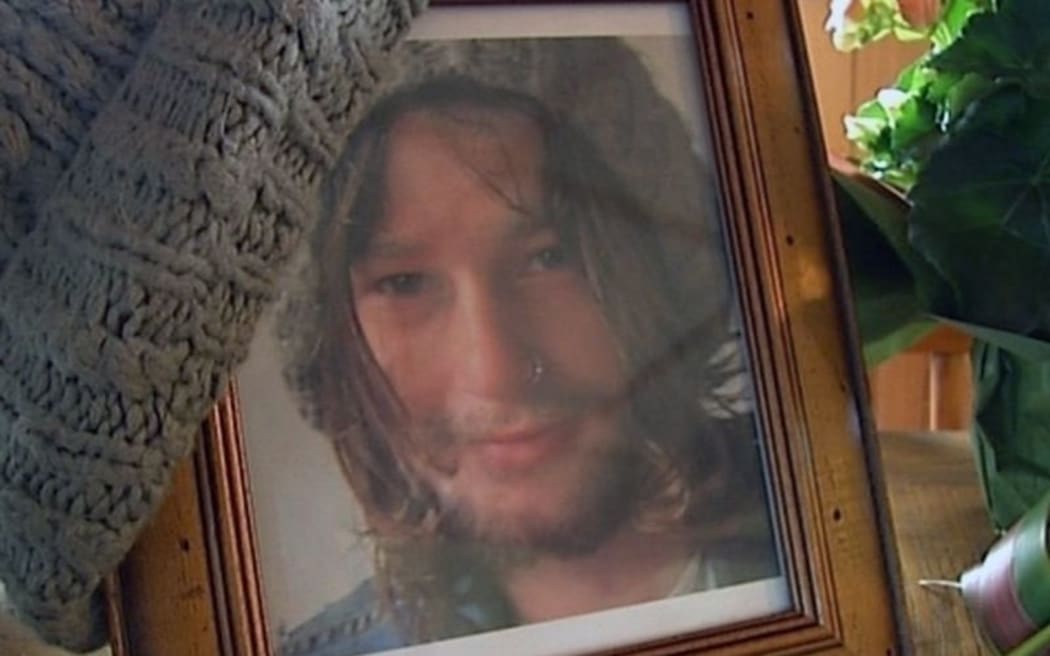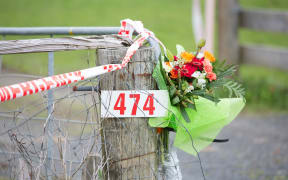The family of a mentally ill man who drowned while on suicide watch will receive a private apology today from Waikato District Health Board.

Nicky Stevens was at a mental health facility and was considered a suicide risk, but was allowed to take an unsupervised cigarette break. Photo: Givealittle
But the family said a report into their son's death was a whitewash and blurred responsibility for what happened.
Nicky Stevens, who was 21, was an inpatient of the Henry Rongomau Bennett Centre (HRBC) in Hamilton and was allowed out alone for a smoke break on 9 March 2015.
The police took 48 hours to launch their search and the man's body was finally found in the Waikato River on 12 March 2015.
A DHB serious event review, released today, concluded that overall, the care offered to Mr Stevens was of a good standard.
It found the events leading up to and following Mr Stevens' disappearance "did not constitute serious failings by the individuals involved," and that even if different actions had been taken, "it cannot be known whether the final outcome would have been altered".
However, the review recommended changes, saying there were gaps.
The recommendations included strengthened rules governing leave, "particularly in relation to evaluating escorted leave with family, whanau and friends".
The review also called for an update to the so-called AWOL procedure to include a clear search process and regular simulation exercises for staff.
More rigorous police notification was also recommended.
But Mr Stevens' father, Dave Macpherson, said the review was a whitewash.
The family was outraged by the conclusion there was a good standard of care and was unimpressed no individual staff were faulted, he said.
"If the death of a patient doesn't amount to a serious abrogation of staff responsibility, then what will?"
Mr Macpherson, who was elected as a Waikato DHB member last year, said he believed the review set out to "blur responsibility" so no individual was ever held accountable.
He said the review treated the DHB's failings as minor and did not take any "big-picture responsibility" for the death of his son.
The review was not independent, as it was established and written by the DHB, and "is basically the organisation investigating itself", he said.
Mr Stevens will today meet DHB chair Bob Simcock and chief executive Nigel Murray to hear what the DHB has called an "apology for shortcomings in our processes", and to discuss the findings.
Before the meeting, Dr Murray said in a written statement the review was carried out by a team including an independent consultant psychiatrist from Australia and an independent lay person.
"While we recognise the family has a different perspective to Waikato DHB we stand by the review as a robust and accurate assessment of our care."
The board would apologise for the shortcomings in the DHB's leave processes and extend its deepest condolences to the family.
"We know this has been a lengthy and painful process," the statement said
Mr Macpherson said he would push for a public apology and the relocation of the Henry Rongomau Bennett Centre so it was further from the Waikato River.
Police last year apologised for their slow response. A coronial inquest is yet to be held into the case.




